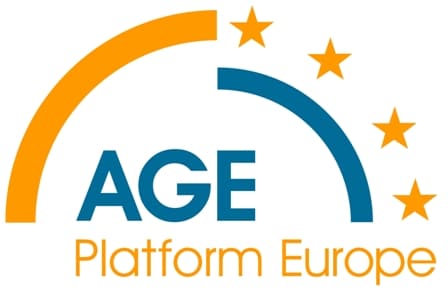
Equal access to information and services is a human right applicable to all, including persons with disabilities. With the increasing digitalization of services and information provided by public authorities, the issue of web accessibility has become critical for public services in Europe.

The European Accessibility Act, published by the European Commission in December 2015 and currently in final stages of negociation, should help complement the web-accessibility directive and so broaden the scope of the services covered.
Standardisation has a major role to play in ensuring the accessibility of digital contents. This is why AGE is involved in PROGRESSIVE, an EU-funded project focusing on the standardisation needs in the field of information and communication technologies (ICT) to support active and healthy ageing.
Useful links:
- EU study on accessibility of website and mobile apps
- Web Accessibility Directive
- PROGRESSIVE – A Platform for Standards






